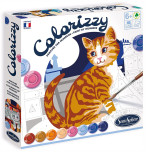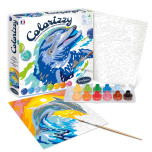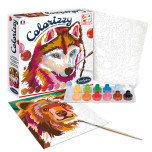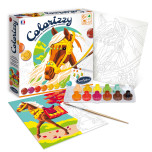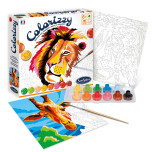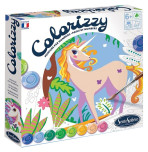We use cookies to make your experience better. To comply with the new e-Privacy directive, we need to ask for your consent to set the cookies. Learn more.
In 2022, the Ancients History Year One curriculum received a significant scope and sequence revision. The rest of the program will soon follow the same format. You have the option to choose from two hardcover textbooks: Remember the Days for grades K-7 and Consider the Years for 8-12th grade students. A separate spine program will also be available for your history reading components. The Year One study walks alongside Biblical history as the framework to what is happening in mostly the Middle East and the Mediterranean area, which makes up the geography focus for this year.
This 6-Unit (34 weeks) Ancient History study starts with the creation story and early civilizations (Egyptian, Sumerian, Harappan, Chinese), continues with Egypt, Assyria, and Israel studies, divided Israel, Greeks versus Persians, the Roman Republic, and closes with the Roman Empire and Messiah. While these 6 units are the focus of study, intermixed throughout the program, in the appropriate time eras, are studies on cultures from China, India, the Americas, and Africa beyond Egypt. Scripture is studied against the backdrop of the history learned each week.
The Family Guide will take you step-by-step through text readings from either one of the two textbooks. Further literature, audio recordings, videos, maps, and activities are all found in individual spiral-bound books. Material found within each spiral-bound book may be reproduced for family needs. Select exactly what you want to cover with this program for each student (K-12) while studying Ancient History together.



















